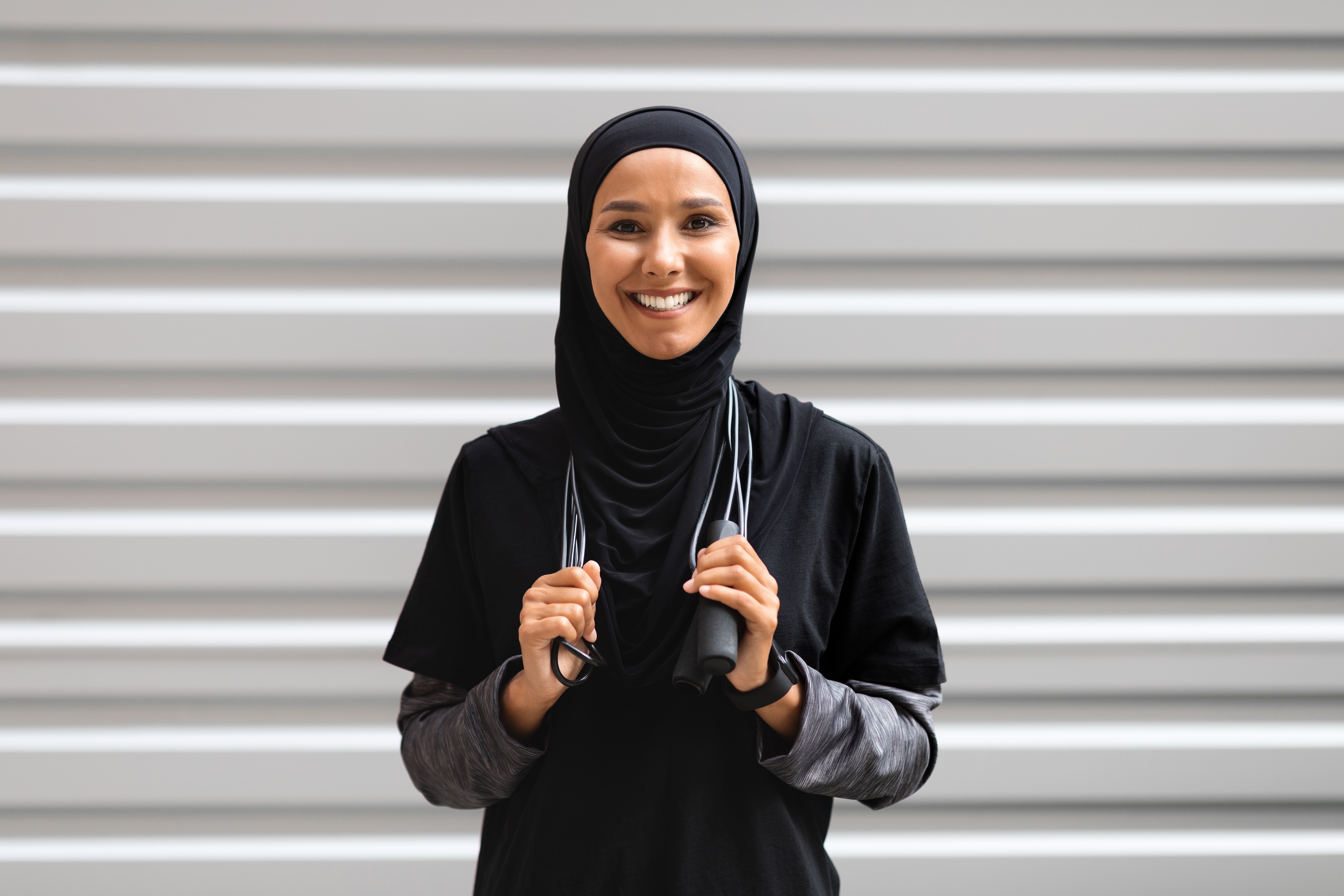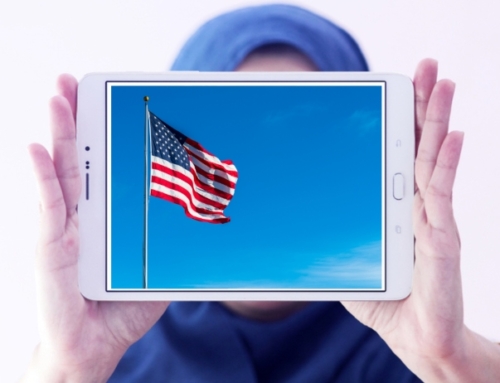By: Ayesha Siddiqui
How Religion Can Prevent Youth from Participating in Sports
For a long time, youth sports have been considered a healthy way for kids to get outside, have an active lifestyle and limit the amount of time they spend in front of a screen. However, sports are much more than that. The benefits for youth who participate in a regular sports activity include reduced risk of depression, developing a sense of community, improved bone health, cultivating problem-solving skills, and developing social and interpersonal skills. It’s no surprise that 54% of youth in the United States participated on a sports team in 2017 (study conducted by Centers for Disease Control and Prevention).
In 2019, the US Department of Health published a report, The National Youth Sports Strategy. The pamphlet outlined the benefits of sports but also listed barriers many youths might encounter in participating in organized sports. Some of these barriers include costs, socio-economic status, or lack of a play space. Interestingly, one potential barrier the study omits is religion. How does religion stop a young athlete from partaking in sports?
Making Sports More Inclusive for Muslim Athletes
Certain religious restrictions that are not accommodated by coaches or sports organizations may thwart Muslim youth from considering sports. These restrictions do not hinder a player’s performance, such as wearing a designated uniform or religion symbol. However, many instances in recent times have prevented Muslim athletes from performing with their peers. In 2019, Noor Abukaram was disqualified for wearing a hijab at a track meet in Ohio. In 2014, Bilqis Abdul-Qaadir learned of the International Basketball Federation’s (FIBA) ‘no headgear’ rule which prevented her from playing overseas.
As of February 2022, Ohio prohibits schools and interscholastic organizations from adopting rules banning the wearing of religious apparel. In July of 2022, Maryland passed a similar law that allows for religious garments in college sports. In 2017, FIBA also changed its rules to allow head coverings in international basketball competitions. In 2014, the International Federation of Association Football lifted its’ headgear ban after the Iranian soccer team couldn’t compete in the 2012 Olympic qualifying rounds.
These laws make playing sports much more accessible to Muslim athletes. In addition, some care and consideration, not only on the part of the coach, but by sports organizations, can encourage more Muslim youth to join and increase the pool of talent and diversity.
Tips for Supporting Muslim Athletes in Sports
Since participation in a sport is a huge benefit in the life of any youth, here’s a list that coaches, team managers, and organizations can use to support Muslim athletes in their communities.
Uniforms
The Qur’an teaches Muslim men and women to dress modestly. For females, this includes donning the hijab (head scarf that covers the hair), covering their arms and legs, and wearing loose clothing. For males, this includes being covered from their naval to their knees. How does this effect young athletes?
Various sports jerseys and uniforms have short-sleeved or no-sleeve tops and short-shorts. Many Muslim athletes feel more comfortable wearing a long sleeve heat/cold gear shirt under their uniform and/or heat/cold gear leggings under their shorts to get more coverage. Some sports companies also offer long sleeve jerseys and pants as part of the uniform kit that Muslim athletes can wear year-long.
Where possible, teams can request long sleeve or pant options of jerseys for their Muslim players to alleviate the need to layer. Especially if there’s a tournament where the team is getting special jerseys and doesn’t require the official team uniform; players can easily get a uniform that is more comfortable to play in.
Team Managers should also check with league and tournament rules to make sure that there are no restrictions for head coverings, or other additional clothes. Most sports in past years have allowed for religious head coverings or require permission ahead of time, but it’s always a good idea to double check regulations.
Fasting & Religious Observances
During the month of Ramadan (follows the lunar calendar), Muslim athletes may be fasting from sunrise to sunset. Playing in a fasting state might not deter some players from performing well and they may want to continue as usual. However, other players might not want to exert as much energy in a fasting state. Coaches can ask the player if they’d like to play as they normally do or if they would like to sit out a longer period. This might also depend on the weather and how they’re feeling that day.
Don’t assume that Muslim athletes who are fasting cannot perform. And also, don’t assume that Muslim athletes who are fasting can. They will be more appreciative of a coach and manager who have open communication and ask about how they are doing. Every person is different and handles fasting differently, so use the discretion of the player and their parents.
Muslims observe two religious’ holidays, Eid al-Fitr and Eid al-Adha. These are days to spend with family and in the midst of festivities, players will most likely not be able to attend practices or games on these days.
Snacks
Many coaches might use snacks or candy as a reward system for the team when they perform well. Muslims do not eat pork, or any products made of pork, such as gelatin. Coaches can be more inclusive of all players by providing snacks that do not include any pork products.
Playing sports has serious benefits for all young people. Although there might be other setbacks to a young person not being able to play a sport, their religion surely should not be one of those barriers.
As a coach, team manager or leader of a sports organization, these are a few steps you can take to accommodate Muslim athletes in your community, increase participation in sports and develop better overall players.
Have more questions? Call 877-WhyIslam, you deserve to know!
Ayesha Siddiqui is a mother to four children whom she homeschools. She iblogs at www.acupofhome.com about homeschooling, parenting and her endless craft projects.
Got Questions?
We have Answers. Get in touch now.








